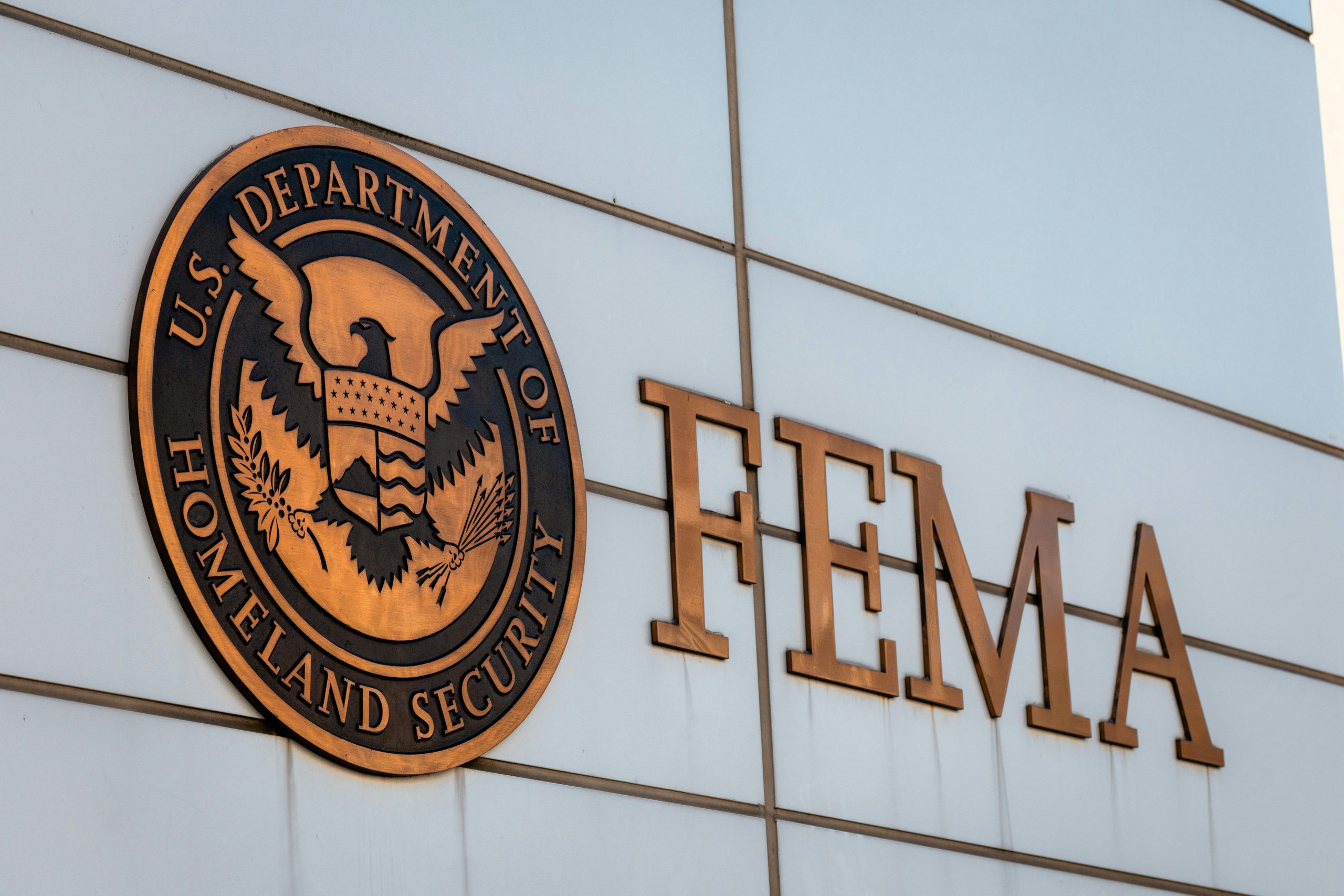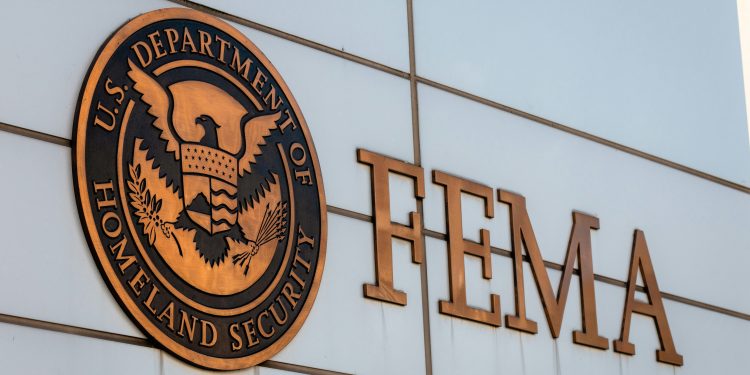The U.S. Federal Emergency Management Agency (FEMA) has reportedly suspended a number of its employees who signed an open letter criticizing the agency’s direction under President Donald Trump.
According to sources who spoke with CBS News, more than 20 employees were placed on administrative leave on Tuesday, just days after their letter was published. The letter warned that alleged cuts and political interference could lead to another “national catastrophe” akin to Hurricane Katrina, which claimed over 1,800 lives.
This action comes amid renewed scrutiny of U.S. disaster readiness following recent deadly flooding in Texas and a significant number of staff departures from the agency.

Open Letter Details Alleged Failures and Internal Strife
The open letter, signed by 191 FEMA employees, most of whom remained anonymous, reflected on the 20th anniversary of Hurricane Katrina and the need for competent American disaster management leadership. It took the Trump administration to task for several issues, including alleged cuts to the agency’s funding and workforce, the failure to appoint a permanent agency boss, and the perceived “censorship of climate science.”
The letter addressed the Federal Emergency Management Agency Review Council and made specific demands, such as protection from “interference” by the Department of Homeland Security (DHS) and an end to “politically motivated firings.” The document stated its purpose was “to prevent not only another national catastrophe like Hurricane Katrina, but the effective dissolution of Fema itself.” A FEMA official defended the agency’s reforms, stating it was previously “bogged down by red tape.”
The Broader Context
The suspensions are the latest development in a contentious overhaul of the agency initiated by President Trump after he returned to office in January, when he even “mooted the idea of ‘maybe getting rid of Fema’ altogether.”
Reports suggest that hundreds of employees, representing about a third of the agency’s workforce, have left their jobs this year. The timing of the suspensions is particularly sensitive, as at least two of the affected staff were involved in the federal response to July’s deadly Texas flooding, a disaster that claimed scores of lives, including 27 attendees of a girls’ summer camp.
The row over the FEMA suspensions also precedes the busy North Atlantic hurricane season, which is expected to be more active than usual due to warmer sea temperatures, a phenomenon made more likely by climate change. Other natural disasters, such as rampant wildfires in Los Angeles, have also tested the limits of U.S. disaster officials this year.

















